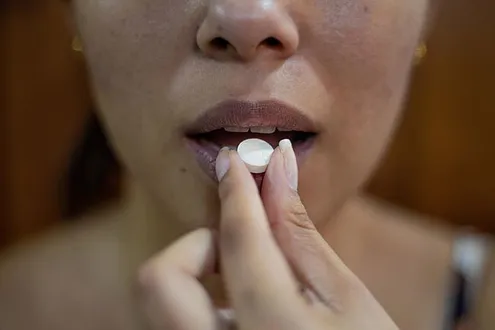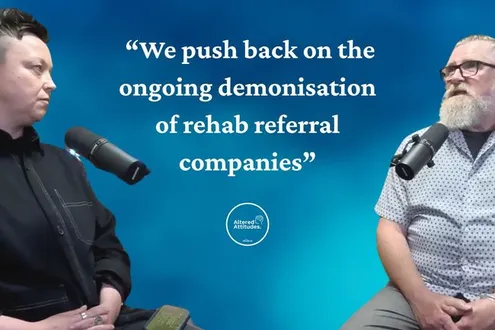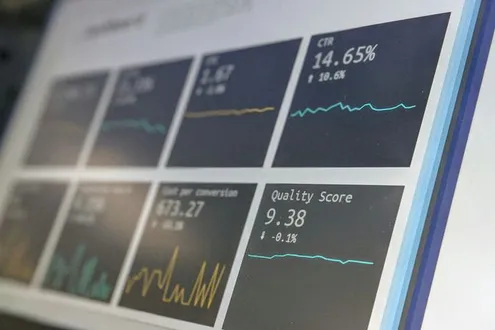Anabolic steroids are a manufactured testosterone that is prescribed by doctors to patients to help treat conditions such as muscle loss, cancer and hormone deficiencies. A steroid addiction may occur when a user begins to abuse the drug in order to see performance-based results as the drug is typically used by male bodybuilders seeking to enhance their muscle growth. Typically, those who suffer with a steroid addiction also suffer with muscle/ body dysmorphia, exercise addiction, low self-esteem in addition to depression in some cases.
A steroid addiction does not function in the same way as an opioid or stimulant addiction but can remain equally as addictive because of the effects the drug can have on a user's physical appearance and self-esteem. Over time, someone with a steroid addiction can develop a tolerance for the drug meaning a higher dose of the drug is needed each use to achieve the same effect and subsequently letting the addiction grow. Someone who has developed a tolerance will likely need to undergo steroid detox.
Why are Steroids Addictive?
Steroids can lead to feelings of increased confidence, well-being, and even euphoria. This can make users psychologically dependent on the drug to maintain these positive feelings, leading to repeated use and addiction. When users stop taking steroids, their bodies may struggle to produce testosterone naturally, leading to symptoms such as fatigue, depression, and loss of muscle mass. This withdrawal process can make it difficult for users to quit, leading to physical dependence.
Want to quit Steroids? Speak to our fully trained Treatment Advisors for a free assessment.

A study from the National Institute of Health shows that around 32% of anabolic steroid users will develop a dependency. This is called a steroid use disorder. A steroid use disorder can develop when users are struggling with underlying psychological issues such as low self-esteem or body dysmorphia.
Those with a steroid addiction are often young men who abuse the drug because of poor body image and low self-esteem. There are, however, several differing factors that can lead someone to developing a steroid use disorder.
Environmental Factors
Steroid addicts are more likely to have family who put a focus on their child's weight and appearance, have a history of poor mental health and may have a history of physical or sexual abuse.
Psychological Factors
Steroid addiction can also be linked to those who suffer with muscle dysmorphia - a condition that causes sufferers to believe their muscle growth is unsatisfactory when in reality they are large and strong.
Physical Factors
Typically, those who suffer with a steroid use disorder are male weightlifters and bodybuilders in their 20s and 30s.
Over time, a steroid addiction can lead to the user suffering from both mental and physical side effects and typically, these effects can often be spotted by other people. Whilst these symptoms can be severe, steroid users may continue using due to the pleasure they find in the physical results that come from taking the drug. However, the side effects can be severe:
Physical Symptoms
- Joint pains
- Bad breath
- Hair loss
- Acne
- Appetite changes
- Greasy/oily skin and hair
- Breast growth
- Cardiac problems
- Liver problems
- Sexual dysfunction
- Low testosterone count
- Low sperm count
- Shrunken testicles
- Period issues
- Swelling of the clitoris
Behavioural Symptoms
- Irritable
- Aggressive
- Poor decision making
- Extreme mood swings
Steroids do not produce the same intoxicating highs as other addictive drugs. Instead, steroids are a performance-based drug and steroid users abuse the drug in ways other than its intended use in order to achieve their desired physical results.
Continued steroid abuse ultimately results in a dependency for the drug and creates a steroid use disorder. Steroid addicts differ from the typical drug user: a steroid addict is not addicted to the drug itself, instead they are addicted to the physical results the drug can achieve.









